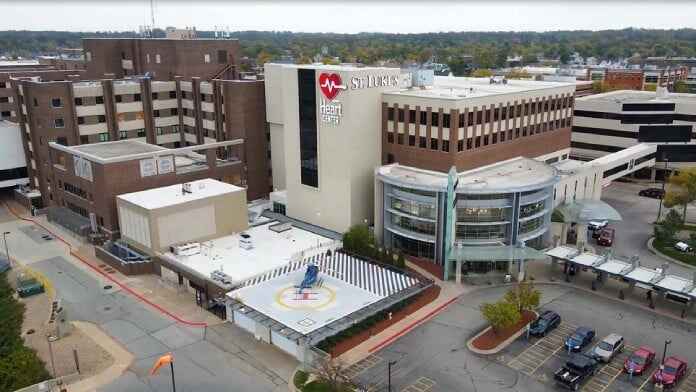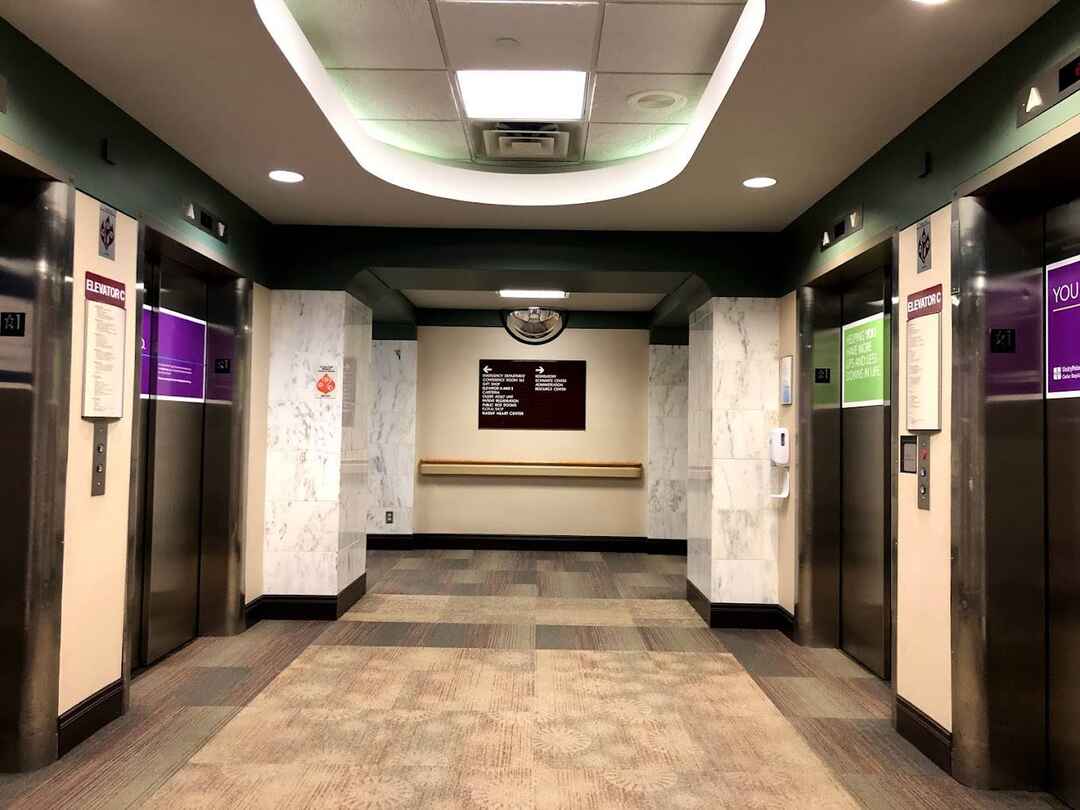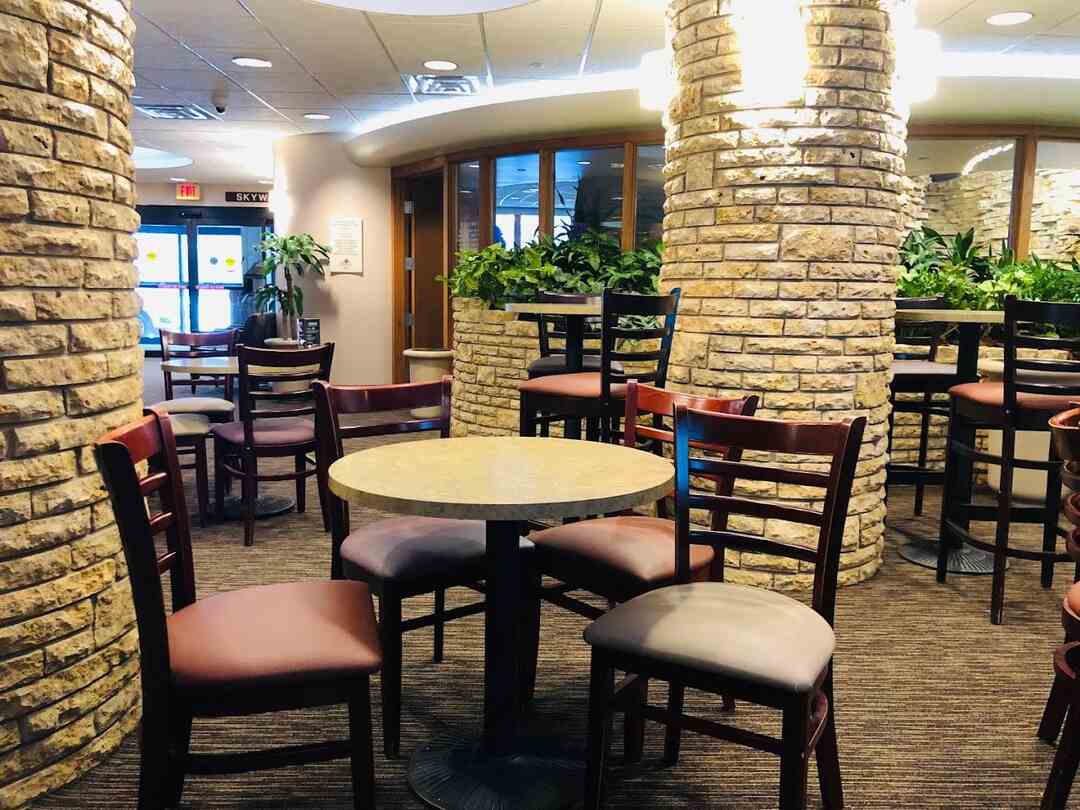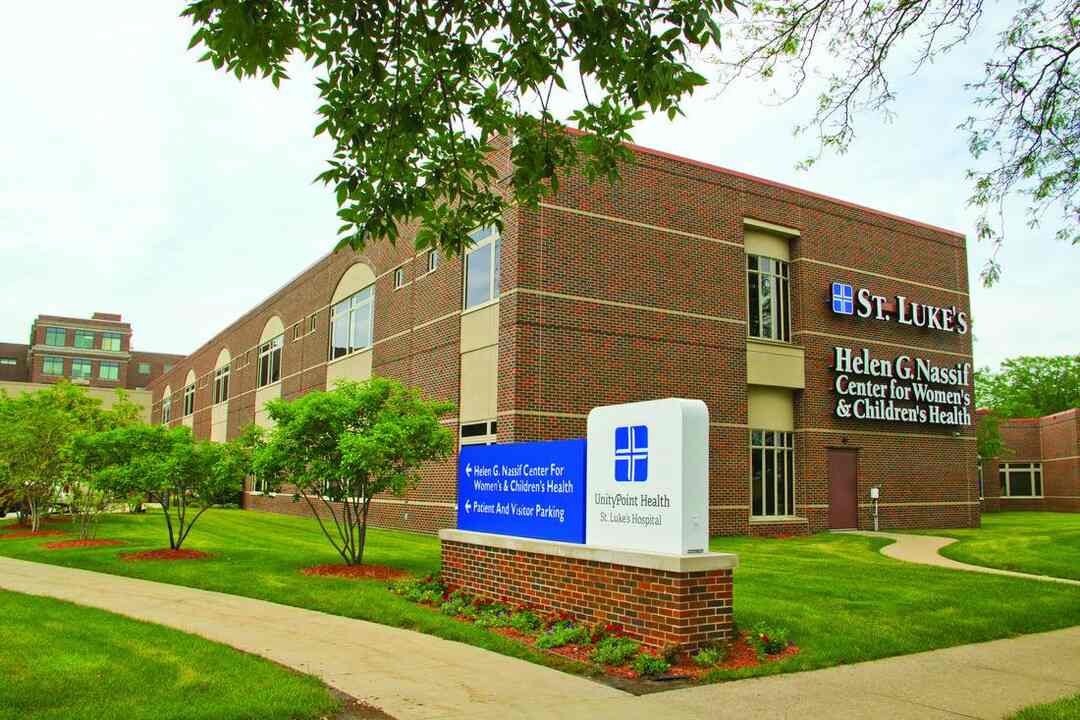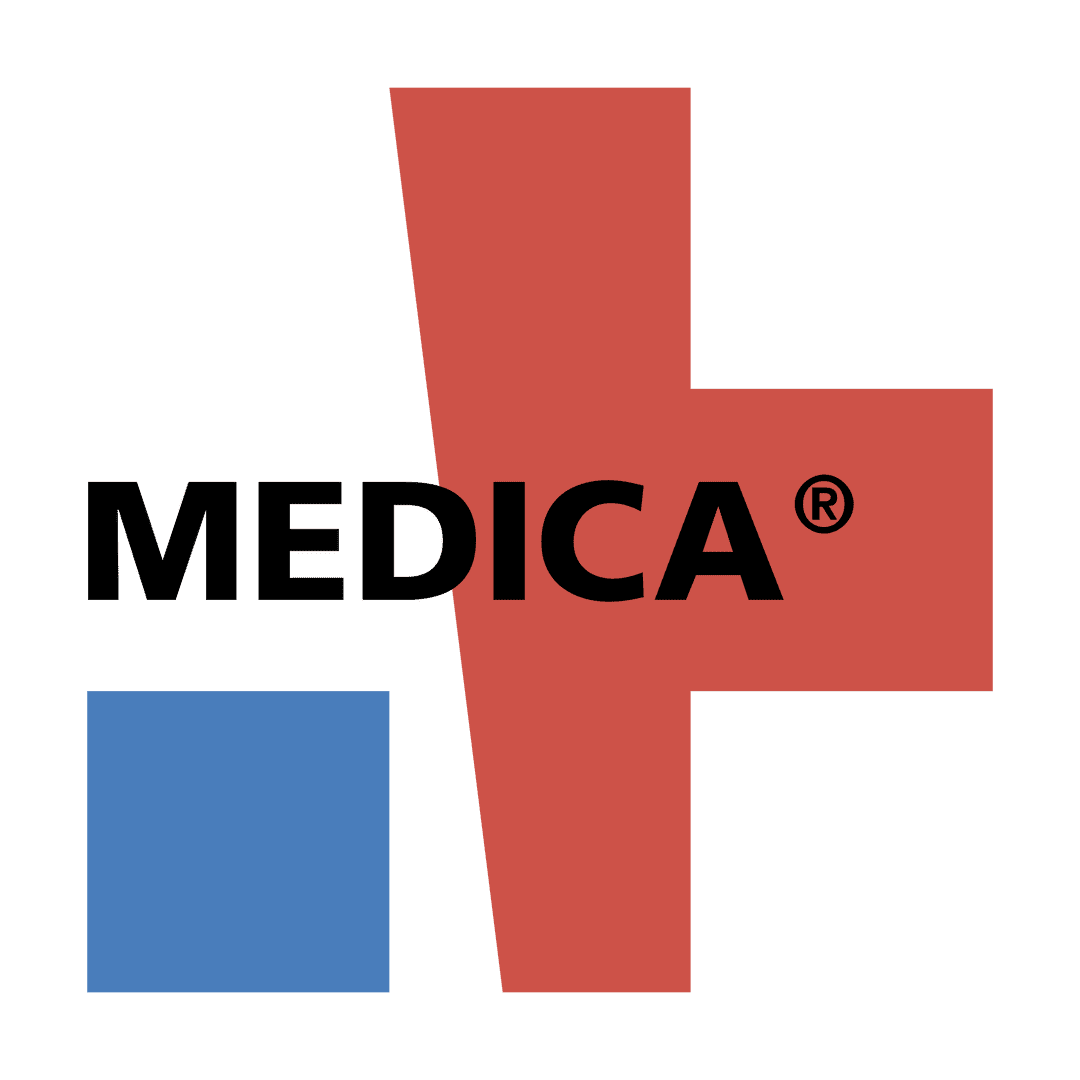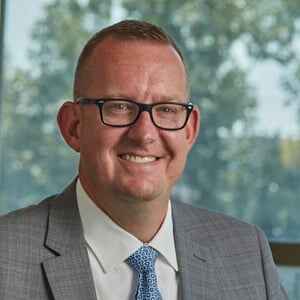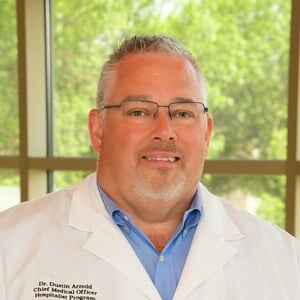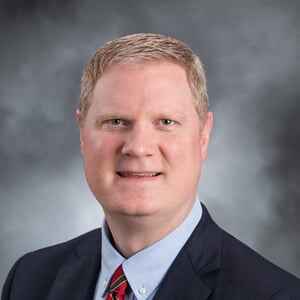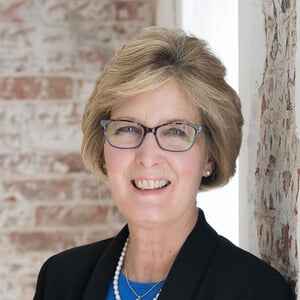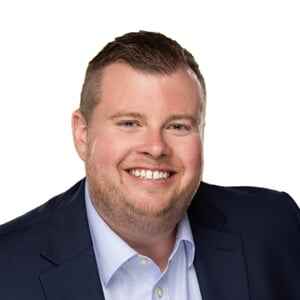About UnityPoint Health – St. Luke’s Hospital – Cedar Rapids – Cedar Rapids
St. Luke’s Hospital is in Cedar Rapids, Iowa. They have a behavioral health department that specializes in treating mental health conditions, substance use disorders, and mood disorders for adults and children. Their facility has several sites in Cedar Rapids, depending on your age group and needs.
They have medical detox if you need stabilization. Here, you’ll get 24/7 support and medical support to help with your withdrawal symptoms. After you’ve stabilized you may transfer to the intensive outpatient program.
Their main program is intensive outpatient care. This program is based on the 12 Steps. You’ll also get family and group counseling, individual therapy, and nutritional guides to better your health. There’s also spiritual counseling if desired and some recreational programs.
They also have a preventive treatment program. If you think that a loved one may be under the influence of drugs or alcohol, you can refer them to an extended outpatient program. This lasts for five weeks and consists of education and group therapy to curtail any drug dependency before it’s too late.
St. Luke has a children’s outpatient program in Cedar Rapids as well. Kids from ages 6-18 can get anger and stress management classes and courses to tackle any underlying conditions that can harm them in life, school, and at home.
